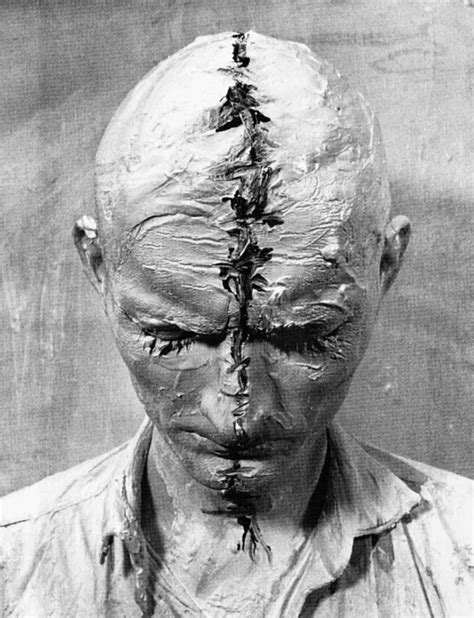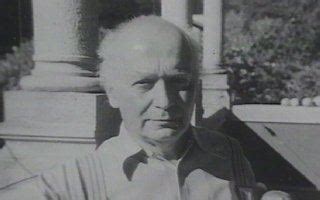A Quote by Andrew Linzey
I fear theology is--in the words attributed to William Temple--"still in its infancy" when it comes to animals.
Related Quotes
Systematic theology will ask questions like "What are the attributes of God? What is sin? What does the cross achieve?" Biblical theology tends to ask questions such as "What is the theology of the prophecy of Isaiah? What do we learn from John's Gospel? How does the theme of the temple work itself out across the entire Bible?" Both approaches are legitimate; both are important. They are mutually complementary.
The classic theology of my tradition comes from the French Renaissance. [William] Shakespeare was born in 1564, the year [John] Calvin died, and that theology was very influential in England in his lifetime. I think Shakespeare was attentive to questions raised by it, about human nature, history, reality itself. I find the two literatures to be mutually illuminating.
Just by being aware, thoughts start disappearing. There is no need to fight. Your awareness is enough to destroy them. And when the mind is empty, the temple is ready. And inside the temple the only god worth placing is silence. So those three words you have to remember: relaxation, thoughtlessness, silence. And if these three words are no more words to you but become experiences, your life will be transformed.
Let us truly be a temple-attending and temple-loving people...We should not go only for our kindred dead, but also for the personal blessings of temple worship, for the sanctity and the safety that are within those hallowed and consecrated walls. As we attend the temple, we learn more richly and deeply the purpose of life and the significance of the atoning sacrifice of the Lord Jesus Christ. Let us make the temple, together with temple worship and temple covenants and temple marriage, our ultimate earthly goal and the supreme mortal experience.
In the infancy of civilization, when our island was as savage as New Guinea, when letters and arts were still unknown to Athens, when scarcely a thatched roofed hut stood on what was later the site of Rome, this contemned people had their fenced cities and cedar palaces, their splendid Temple, their fleets of merchant ships, their schools of sacred learning, their great statesmen and soldiers, their natural philosophers, their historians and their poets.
Many things that human words have upset are set at rest again by the
silence of animals. Animals move through the world like a caravan of
silence. A whole world, that of nature and that of animals, is filled
with silence. Nature and animals seem like protuberances of silence.
The silence of animals and the silence of nature would not be so great
and noble if it were merely a failure of language to materialize.
Silence has been entrusted to the animals and to nature as something
created for its own sake.





































